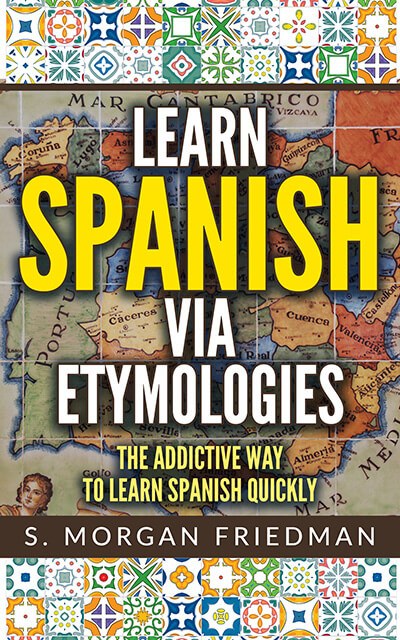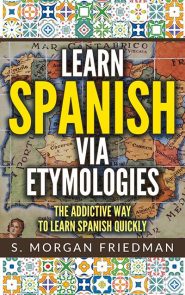The Spanish disfrazar (“to dress up”, as in a costume) comes from the Latin fricare meaning “to rub; to rub off.”
From this same Latin root, we get the English friction — and what is friction if not, rubbing against something to wear it down?
We also get the English traffic (the tra– comes from a shortened version of the trans– “across” prefix). And what is traffic if not, friction across the road?
The fr-z of disfrazar maps to the fr-ct of friction and just the ff of traffic.
But the question is: how did the word for “rubbing” turn into the word for “dressing up in a costume”? That part is interesting: the Latin fricare (“to rub off”) turned into the Late Latin frictiare, meaning, “walking and leaving footprints (just like animals do).” Leaving tracks as you walk gave away who you are and where you’re going, letting you be followed. But with the de– prefix (meaning “not”) which negates that, disfrazar (literally, de– “not” and frictiare “leaving a trail behind you as you walk”) together meant not being able to be tracked or followed. Hence, a costume.

